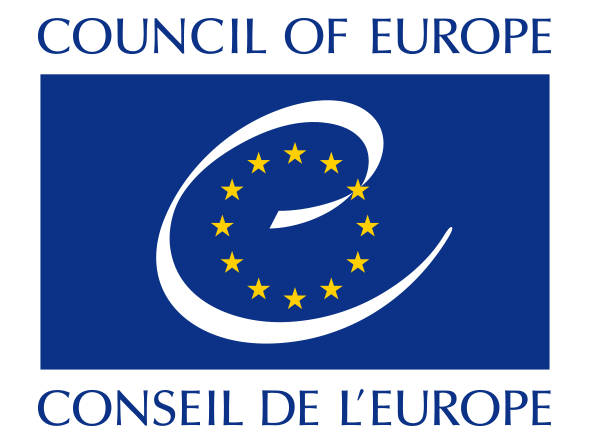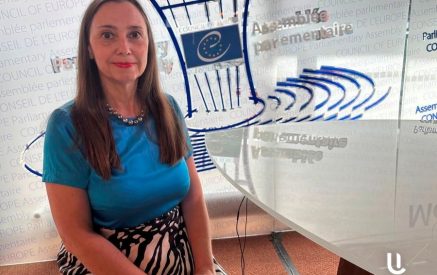The pervasiveness of new technologies and their application is blurring the boundaries between human and machine, between reality and virtual reality, and it is “increasingly difficult for law-makers to adapt to the speed at which science and technologies evolve” and to draw up the required regulations and standards, PACE’s Committee on Culture and Science said today.
Unanimously adopting a draft recommendation based on a report prepared by Jean-Yves Le Déaut (France, SOC), the parliamentarians said the Council of Europe should consider how intelligent artefacts and/or connected devices “challenge different dimensions of human rights”.
They suggested that guidelines be drawn up on strengthening transparency, regulation by public authorities and operators’ accountability covering the creation of a common framework of standards to be complied with when a court uses AI; the need for any machine, robot or artificial intelligence artefact to remain “under human control”; and the recognition of “new rights in terms of respect for private and family life”.
The committee welcomed the initiative of the Council of Europe’s Bioethics Committee (DH-BIO) to organise, in October 2017, an international conference to discuss the emergence of these new technologies and their consequences for human rights, with a view to developing a Strategic Action Plan during the next biennium 2018-19. The parliamentarians also called for close co-operation with the institutions of the EU and UNESCO to ensure “a consistent legal framework and effective supervisory mechanisms at international level”.
Read also
The draft recommendation is due to be debated in Strasbourg during the Assembly’s forthcoming plenary session (24-28 April 2017).





























































